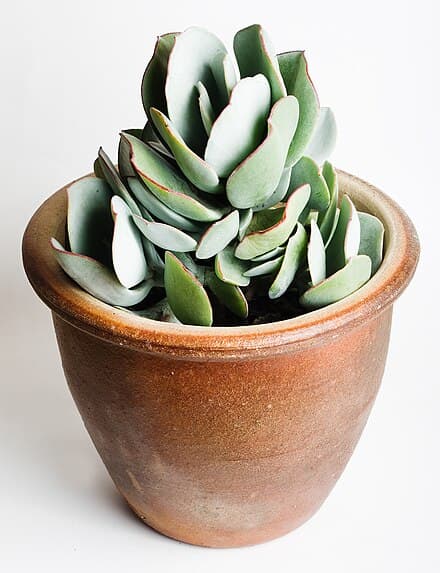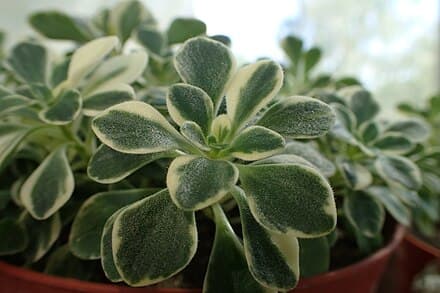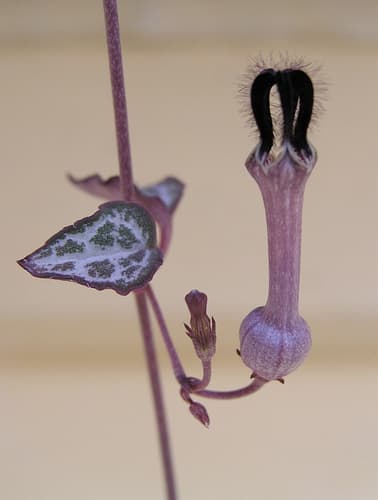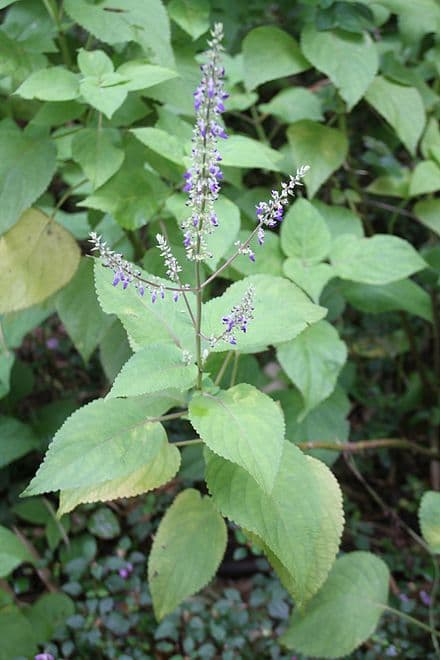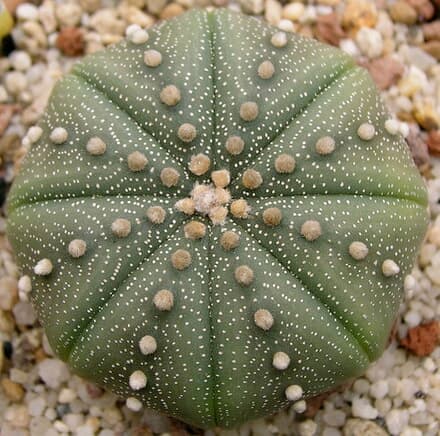Euphorbia trigona image • Photo: Author Frank Vincentz• GFDL
A succulent shrub with upright stems and upward-growing branches, featuring triangular or quadrangular stems. Dark green stems display distinctive V-shaped light green patterns with 5mm paired thorns along ridges. Produces teardrop-shaped leaves between thorn pairs. Notable for its architectural form and milky latex sap. Never observed flowering in cultivation, suggesting it may be a sterile hybrid.
Plant Care Overview
Buy this plant online:
Care Guide
Essential requirements for your Euphorbia trigona
Light Requirements
Bright light
Light conditions can affect leaf color and growth rate. Adjust placement as needed based on your plant's response.
Watering Schedule
Allow soil to dry completely between waterings
Humidity Needs
low humidity
Always check soil moisture before watering. Adjust frequency based on your home's conditions.
Temperature Range
Prefers 15-27°C (59-80°F), tolerates brief drops to -3°C (27°F)
Native Climate
Native to Central Africa
Keep away from drafts, heaters, and air conditioners which can stress your plant.
Soil Type
Sandy, well-draining soil
Fertilizer
Balanced houseplant fertilizer during growing season
Consider repotting every 1-2 years to refresh soil nutrients and accommodate growth.
Propagation
Methods to grow more Euphorbia trigona plants
Stem cuttings dried for 3-7 days to form callus before planting
Plant Info
Characteristics and background information
Central Africa
fast
1.5–3 m (4 ft 11 in – 9 ft 10 in)
Perennial
Symptoms: Skin and eye irritation from sap contact. If ingested: vomiting, diarrhea, drooling. Sap can cause blisters and severe eye damage.
Toxic parts: All parts, especially milky sap (latex). Handle with gloves.
Fun Fact
Exists exclusively in cultivation with no known wild specimens, potentially originating as a ancient hybrid
Troubleshooting
Solutions for typical issues with your Euphorbia trigona
Mature plants topple due to shallow root system
Community Tips
Advice shared by other plant enthusiasts
No tips shared yet. Be the first to share your experience!
(Coming soon)
Care Guides
Detailed guides for caring for your Euphorbia trigona
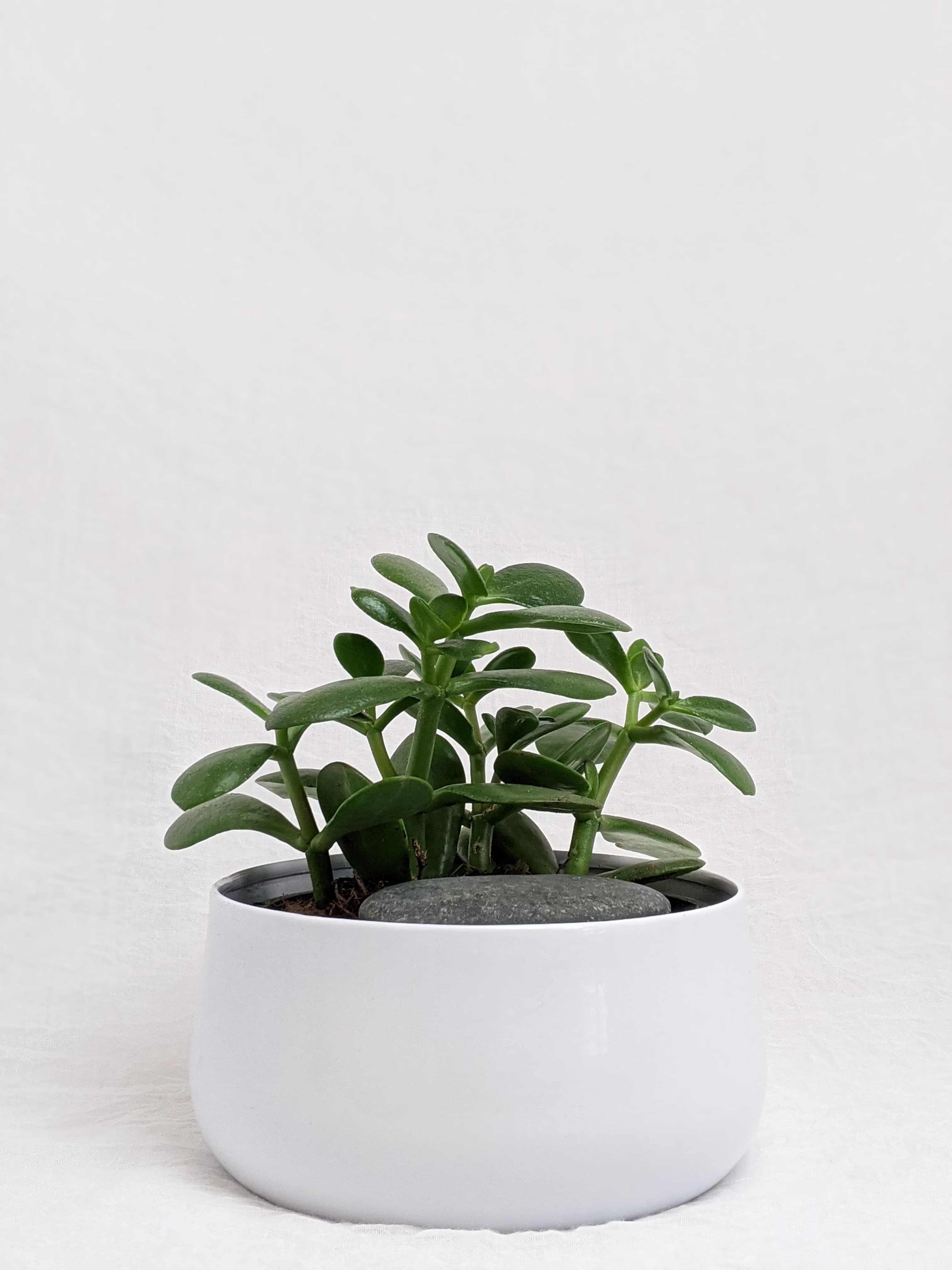
Low Maintenance Plants Care Guide
Learn how to care for low maintenance plants like your Euphorbia trigona
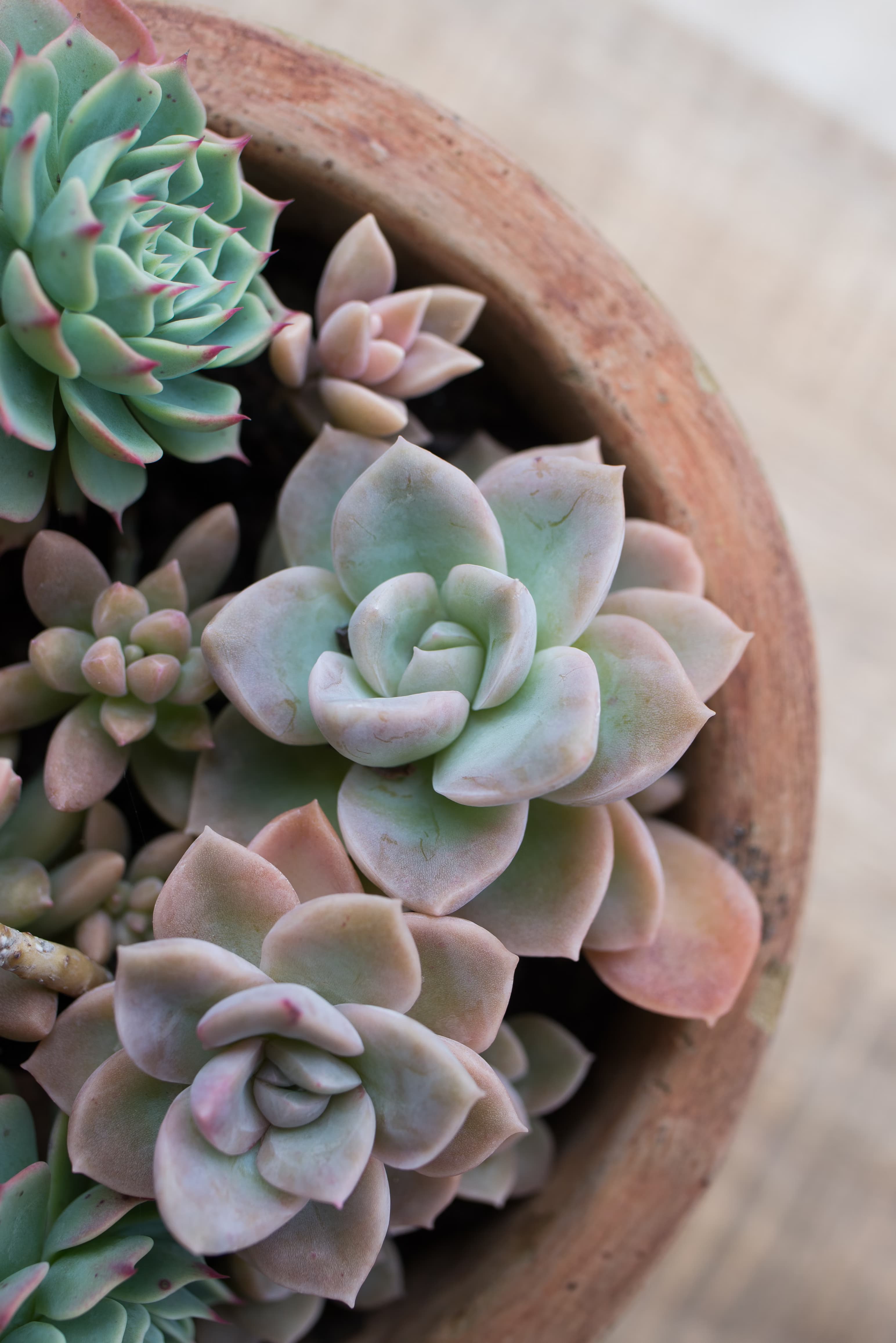
Succulents & Cacti Plants Care Guide
Learn how to care for succulents & cacti plants like your Euphorbia trigona
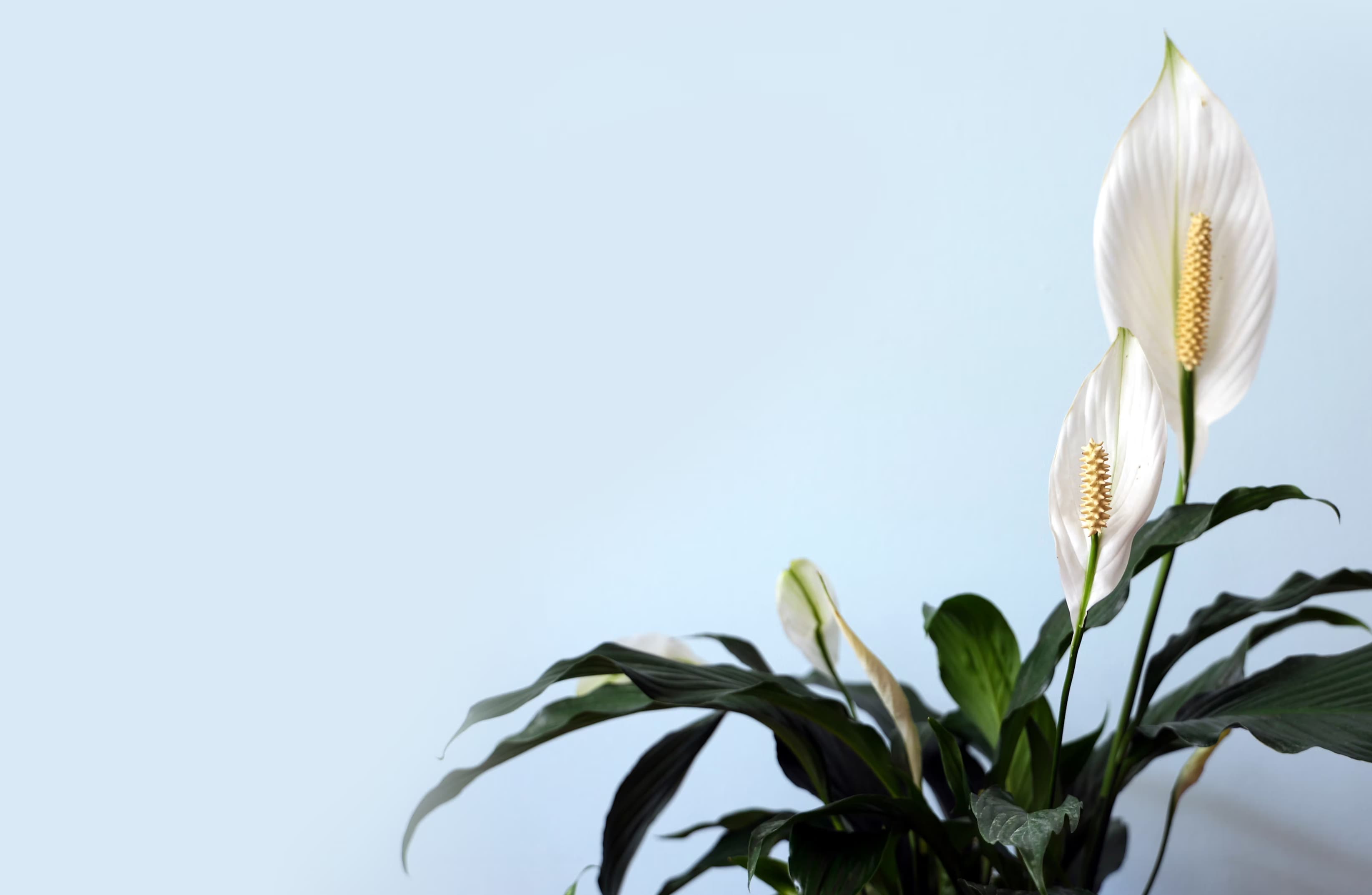
Flowering Plants Plants Care Guide
Learn how to care for flowering plants plants like your Euphorbia trigona
Related Plants
Similar plants that might interest you
Nurseries Near You
Find Where to Buy Euphorbia trigona
Discover local nurseries near you that may carry this plant. We'll show you store ratings, hours, and directions.
